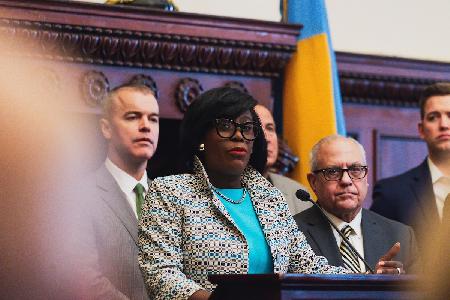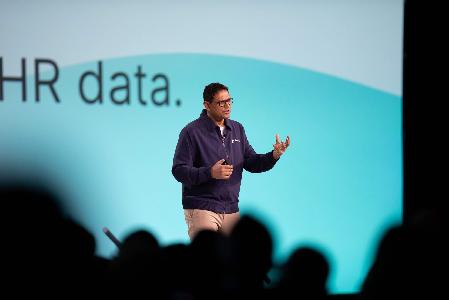 By cross-listing social indicators and staff outreach, a Temple University-housed data shop is going to give the Greater Philadelphia Cultural Alliance a tool to determine areas within this region where partnerships between arts organizations working on social issues and other activist groups are most likely to be successful.
By cross-listing social indicators and staff outreach, a Temple University-housed data shop is going to give the Greater Philadelphia Cultural Alliance a tool to determine areas within this region where partnerships between arts organizations working on social issues and other activist groups are most likely to be successful.
“We tell stories with data and information,’ says Metropolitan Philadelphia Indicators Project coordinator Michelle Schmitt. “This project is a perfect example of that.”
It’s called the “Road Map for Regional Activity Analysis,” and the tool, expected to be completed in the spring, does three main things:
- inventories existing partnerships between arts and activists groups, including various work
- surveys the education and outreach directors of member organizations on their priorities and programs
- documents and maps those results to help show trends for Alliance members
“For example, we might find that two theaters and a community education group all have programs that work to improve student reading skills in one town or neighborhood,” says Cultural Alliance research analyst Nick Crosson. “Knowing this would be the first step in those organizations coordinating their efforts and working together.
From Schmitt:
MPIP is developing the framework for a Regional Activity Analysis by cataloging current pressing social issues and related programming for residents, cultural organizations and social service organizations of Greater Philadelphia. After identifying these areas of concern, MPIP will draw from its extensive list of community level indicators to determine areas within the region where partnerships between arts organizations working on social issues and other organizations are most likely to be successful.
That type of work has become a main focus of MPIP, which relies on foundation funding. Founded in June 2003 by four Temple University faculty with disciplinary backgrounds in geography, political science, and sociology, the project launched with support from the William Penn Foundation. [Full Disclosure: Technically Philly is currently operating a research project with William Penn Foundation funding.]
Its mission includes helping organizations “think regionally while acting locally” by way of information that can help connect local work to broader patterns and trends. That, Schmitt says, is particularly challenging considering that the 353 municipalities of the Philadelphia area — in nine counties and two states — represent the largest number in a single metropolitan area in the United States.
“I love when someone says, ‘here is this mess of data, can you do something fun?” says Schmitt, who was an MPIP research assistant from 2003 to 2004 and has been project coordinator since 2006.
Join the conversation!
Find news, events, jobs and people who share your interests on Technical.ly's open community Slack

Philly’s IT department fires long-tenured staff amid a high-level shakeup of priorities

Why is it so hard to find entry-level software engineering jobs?

Is AI really something new — or just the next big technology platform?


